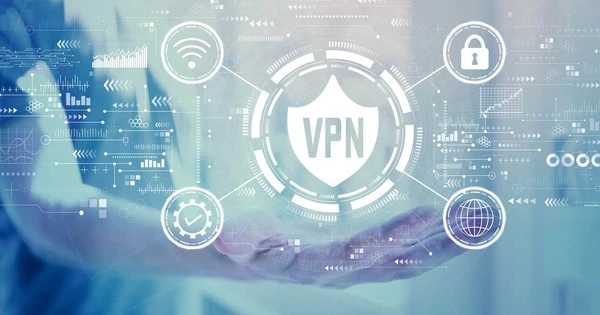A Virtual Private Network (VPN) is a technology that allows users to connect to the internet securely and privately. When a user connects to a VPN, their device establishes a secure, encrypted connection to a server provided by the VPN provider. This server acts as an intermediary between the user’s device and the internet, encrypting all the traffic that passes through it.
VPN is a mechanism for securely connecting a computing device to a computer network or two networks over an insecure communication medium such as the public Internet. A VPN can be used to extend a private network (one that does not allow or restricts public access) by allowing users to send and receive data across public networks as if their devices were directly connected to the private network.
VPNs are commonly used to enhance online privacy and security by protecting users’ online activities from hackers, government surveillance, and other third-party entities that may try to track or intercept their internet traffic. By encrypting all the traffic that passes through it, a VPN helps to prevent unauthorized access to sensitive information such as passwords, credit card numbers, and other personal data.
A VPN provides security, lowers the cost of dedicated communication lines, and increases flexibility for remote workers. VPNs can also be used to circumvent internet censorship. Encryption is common, but it is not a requirement for a VPN connection.
A VPN is created by establishing a virtual point-to-point connection over existing networks using tunneling protocols. A VPN accessible via the public Internet can offer some of the advantages of a wide area network (WAN). The resources available within the private network can be accessed remotely by users.
How does a VPN work?
A VPN conceals your IP address by routing it through a specially configured remote server run by a VPN host. This means that if you use a VPN to surf the web, the VPN server becomes the source of your data. This means that your ISP and other third parties cannot see which websites you visit or what data you send and receive online. A VPN acts as a filter, converting all of your data into “gibberish.” Even if someone were to obtain your data, it would be useless.
In addition to providing security and privacy benefits, VPNs can also be used to bypass internet censorship and access content that may be restricted in certain countries or regions. For example, users can use a VPN to access websites and online services that are blocked or censored in their country.
Overall, VPNs are a powerful tool for protecting online privacy and security, and they can be used for a variety of purposes, including accessing restricted content, bypassing censorship, and protecting sensitive data.
















